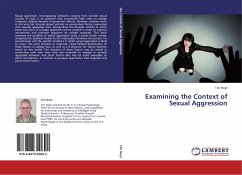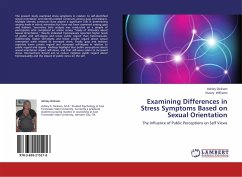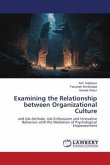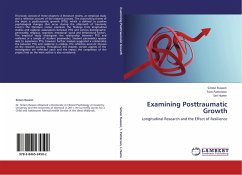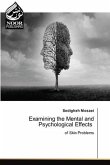Sexual aggression, encompassing behaviors ranging from coerced sexual contact to rape, is an epidemic with consistently high rates on college campuses, despite decades of prevention efforts. However, previous work in this area has focused almost entirely on person-level factors associated with sexually aggressive men, disregarding the broader context in which these acts occur. A broader approach may be needed in order to improve intervention and outreach programs on college campuses. This work examines the problem of sexual aggression using a public health model, analyzing this epidemic based on the interactions between the person, his environment, and the specific situations in which sexual aggression is likely to occur. This work includes an empirical, mixed-method examination of these factors in college men, as well as a framework for future research based on this model. The inclusion of these factors may be critical in connecting with men who have the potential to engage in sexually aggressive behavior, and these factors also may be more amenable to direct intervention, in contrast to previous approaches that targeted only person-level factors.

